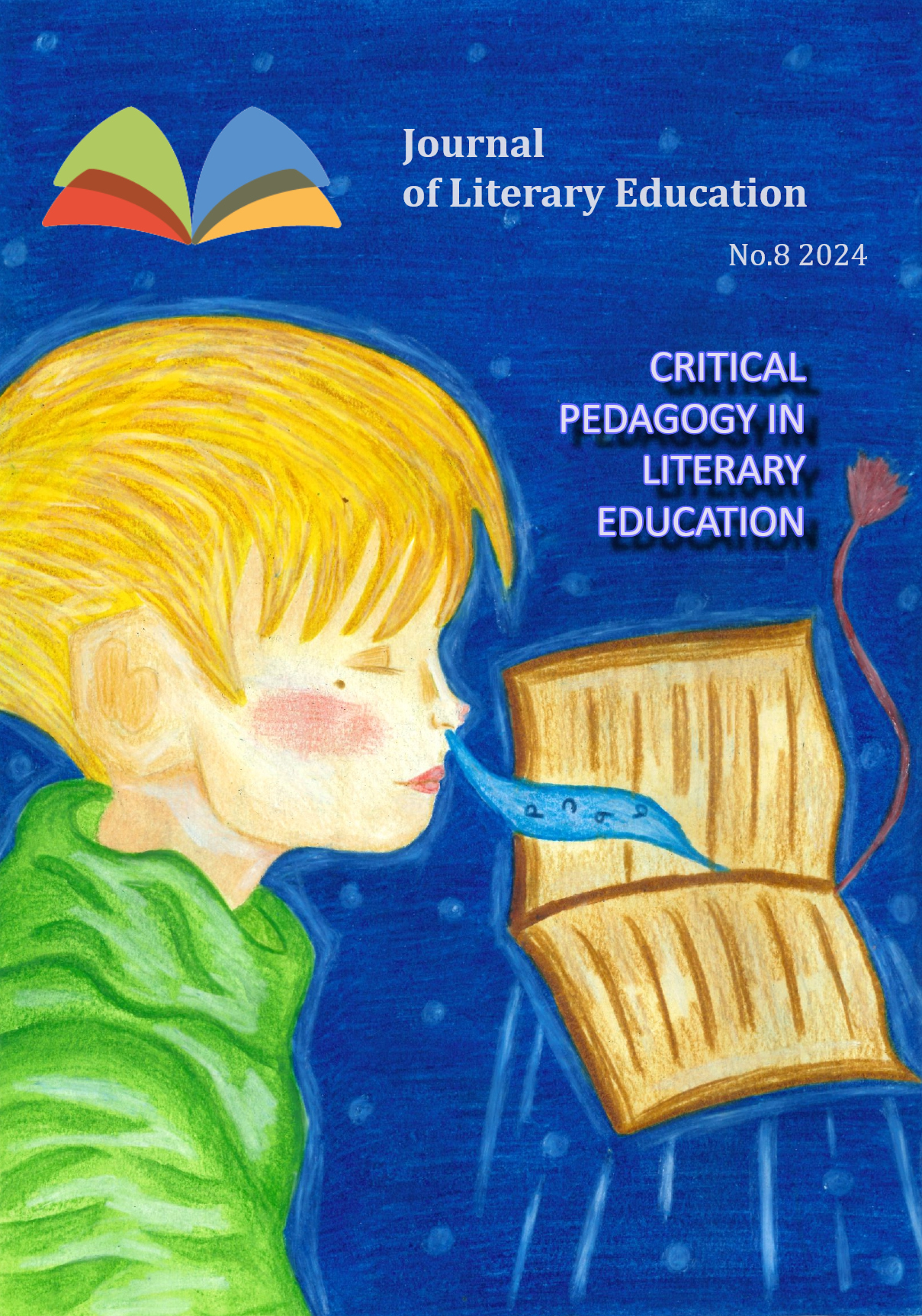Journal of Literary Education is a refereed, peer reviewed, electronic journal for those interested in the study and development of Literary Education. Its readership comprises practitioners, teacher educators, librarians, researchers and both undergraduate and graduate students. Journal of Literary Education offers educators a forum for debate about this discipline from a broad perspective. General issues and special issues are published.
Número actual

The current special issue of JLE embodies Freire’s goal of literacy/literary education: reading the word to read the world. The cornerstone of Critical Pedagogy lies undoubtedly in Paulo Freire’s seminal work, Pedagogy of the Oppressed. (Pedagogia do Oprimido, 1968). Freire critiques traditional education models, which he terms the "banking model," in which teachers deposit knowledge into passive students. He advocates for a dialogic approach that transforms education into a collaborative process of inquiry. Freire’s methods emphasize critical consciousness (conscientização), urging learners to question societal structures and their own roles within them. Aiming to empower minds through dialogue and reflection, Critical Pedagogy sees literature as more than an artistic endeavor; it is a medium through which societies interrogate their values, challenge injustices, and envision alternate realities. In the realm of education, how literature is taught can either reinforce systems of oppression or act as a transformative tool for liberation. Critical Pedagogy provides a compelling framework for rethinking literary education. This approach not only democratizes the classroom but also empowers students to become agents of social change.


